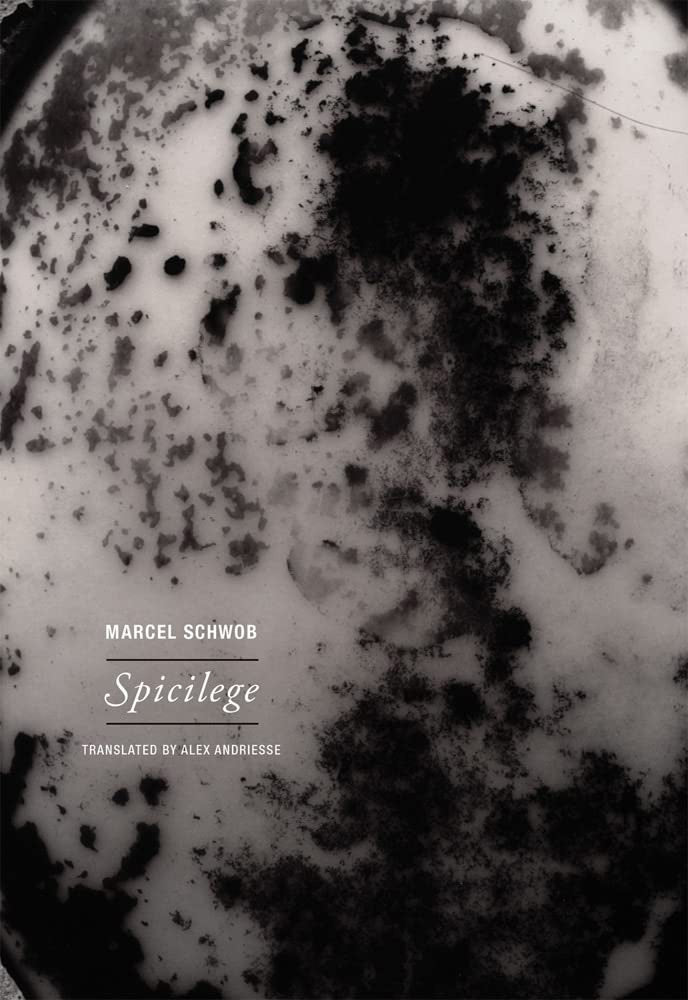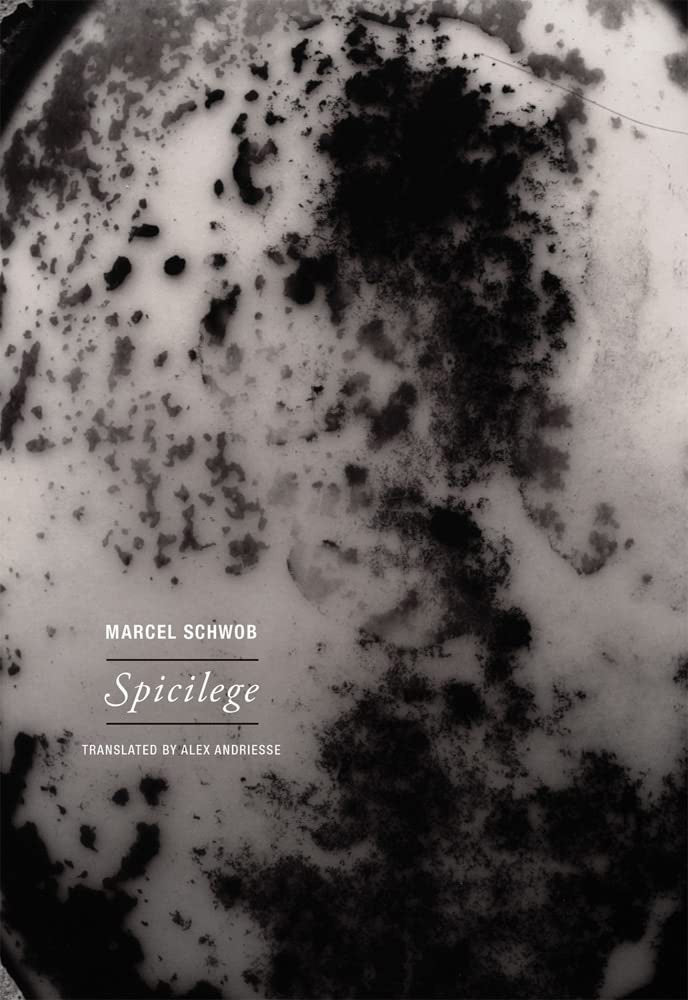Spicilege
Spicilege
Marcel Schwob
Couldn't load pickup availability
Translated, with an introduction, by Alex Andriesse / November 2022 / 5.375 x 8, 216 pp. / 978-1-939663-87-0
“All over the world,” wrote Jorge Luis Borges, “there are devotees of the writer Marcel Schwob who constitute little secret societies.” One could argue that Spicilege, Schwob’s last book published under his name, constitutes the handbook to these societies: a handbook to Schwob’s work, to himself as erudite scholar and author, and to the twilight of the era of French symbolism that was giving way to a new, complex modernism—a modernity that would encompass such disparate entities as Paul Valéry and Alfred Jarry (both of whom would dedicate books to Schwob).
Marcel Schwob was, as Paul Léautaud described him, a “living library,” and the critical biographies gathered in the curated essays of Spicilege display a few of the volumes in that library: his groundbreaking research on François Villon (work that remains a cornerstone to our knowledge of Villon’s legacy), his passion for Robert Louis Stevenson, and his encounters with such less-remembered writers as George Meredith. But it is the carefully developed ideas in these essays and the eccentric yet thorough scholarship drawing them together that are of particular interest today: the understanding of criminal slang in the Middle Ages; the “romantic realism” of the adventure story; the study of prostitution in ancient Greece; the folklore inspired by a story by Gustave Flaubert; a complex critique of individuality that effectively laid the groundwork to what Jarry would come to define as “pataphysics”; and ruminations on such themes as perversity, laughter, biography, love, terror and pity, and art and anarchy.
Marcel Schwob (1867–1905) was a scholar of startling breadth and an incomparable storyteller. A secret influence on generations of writers, from Guillaume Apollinaire and Jorge Luis Borges to Roberto Bolaño and J. Rodolfo Wilcock, Schwob was as versed in the street slang of medieval thieves as he was in the poetry of Walt Whitman (whom he translated into French). Paul Valéry and Alfred Jarry both dedicated their first books to him, and in doing so paid tribute to the man who could evoke both the intellect of Leonardo da Vinci and the anarchy of Ubu Roi.


